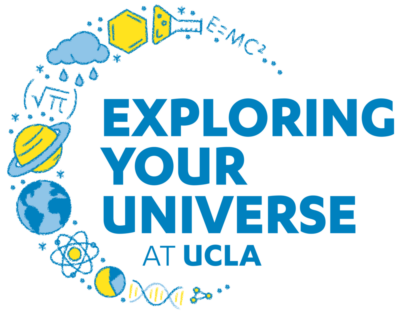Dr. Mani L. Bhaumik
Mani L. Bhaumik rose from poverty to become an eminent scientist who played a key role in developing the laser technology that paved the way for Lasik eye surgery. He was born in a remote village in West Bengal, India, and as a child slept on rags in the thatched-roof mud hut he shared with his parents and six siblings.
“My family didn’t always know where our next meal would come from,” he said. “I didn’t own a pair of shoes until I was 16 and walked four miles to school and back in my bare feet.”
Life was made even more precarious by the struggle for Indian independence going on around him: Bhaumik’s father, a freedom fighter, was often away and spent time in prison for his revolutionary activities. But Mani Bhaumik’s dreams of a brighter future gave him the determination to obtain a good education, and his prodigious curiosity led him to become a scientist.
Studying under renowned physicist Satyendra Bose, he earned a master’s degree at the University of Calcutta. In 1958, Bhaumik became the first student to earn a doctorate, also in physics, from the Indian Institute of Technology Kharagpur.
Bhaumik came to UCLA in 1959 “with $3 in my pocket,” he said, on a Sloan Foundation postdoctoral fellowship. The people of his village raised the money for his airfare.
“I thought I’d died and gone to heaven,” he said of his arrival on campus. “Everyone was treated equally, not like back at home where the poor were treated like dirt.”
In 1961, Bhaumik joined Xerox Electro-Optical Systems as a laser scientist. He later served as director of the laser technology laboratory at Northrop’s corporate research laboratory. In 1973, he announced the conclusive demonstration of the world’s first efficient excimer laser, a form of ultraviolet laser now commonly used for high-precision machining and for cutting biological tissue cleanly without damaging surrounding tissue.
Bhaumik is a fellow of the American Physical Society and of the Institute of Electrical and Electronics Engineers and, in 2011, the Indian government awarded him the prestigious Padma Shri for distinguished service in science and engineering.
As a member of the UCLA Physical Sciences board of visitors, Bhaumik has witnessed declining funding for scientific research from state and federal government, particularly in the field of theoretical physics.
